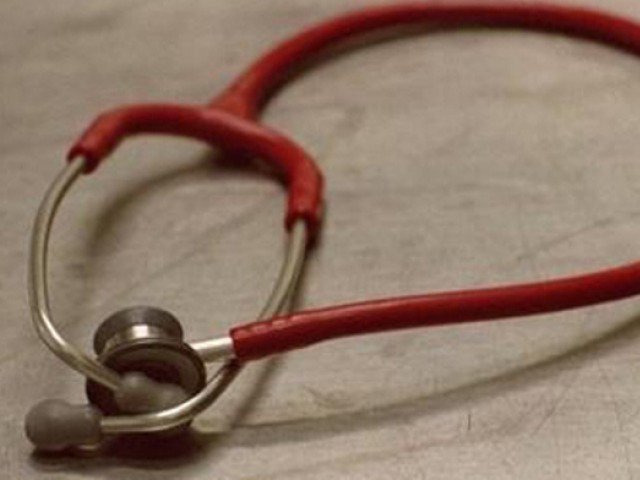
Given the state of the public healthcare system in the province, the private sector has stepped in to address patients' consultation and treatment needs. However, these services often come at a cost that many households cannot afford.
Ahmad Saeed, a businessman who developed issues in his liver, had to pay Rs5,000 for each consultation with a well-known liver specialist in the city. "Although, I was able to pay the fee, good doctors are out-of-reach for the low-income masses," said Saeed.
Amin, a resident of Korangi, shared his plight to seek treatment for his father, who complained of stomachache. "Electricity and gas bills had already broken the back of the common people. Now, due to the exorbitant increase in doctors' fees and prices of medicines, treatment is beyond the reach of the poor man. My father was examined by a gastroenterologist, who prescribed medicine after the tests. In all this duration, I incurred expenses of more than Rs20,000," lamented Amin, who paid Rs1,000 for each visit to the doctor.
Although Amin was able to pay for his father's treatment, the majority of low-income patients are unable to access quality care and instead turn to alternative medicine. For instance, Hina, wife of a cloth dyer, revealed that she suffered from kidney stones. "Since doctors' fees are high and government hospitals are overcrowded, I consulted a homeopathy doctor in my locality who charged me the check-up fee and instructed me to get two medicines from a homeopathic medical store," recalled Hina.
"These days, treatment has escaped the reach of the poor people during the current era of inflation. Hence, people prefer temporary treatment of the disease. Due to their poor financial conditions, they avoid getting permanent treatment," noted Dr Hafeez Memon, a public health expert.
Abbas Rizvi, a volunteer at a social organization working in the health sector, revealed that doctors' consultation fee varied depending on the area. "Urban areas often have higher fees than rural areas because of the difference in costs of living. Specialist doctors and those with more experience usually charge more," said Rizvi.
According to Dr Memon, there are different categories of doctors. "A general physician practicing in a small locality would charge a fee ranging between Rs150 to Rs500. Similarly, the fee of a consultant doctor with a specialization in his field would range between Rs600 to Rs1,200 according to the hospital and area. While doctors who are faculty members at any medical university holding positions from assistant professor to professor, would charge a fee ranging from Rs2,000 to Rs5,000," said Dr Memon.
Dr Memon went on to confirm that during the last three years, the examination fees for all doctors had increased by 35 to 50 per cent, or Rs100 to Rs2,000.
"Therefore, many patients generally prefer to get medicines from medical stores first in case of minor ailments thereby allowing the store owners to dispense medicines on their own, which is an illegal practice. In view of the increase in the severity of the disease, priority is given to the physician of the first region. But if complications occur in the disease, then a check-up is done by a consultant or professor," observed Dr Memon.
Officials from private hospital associations maintained that private doctors or hospitals charged fees based on their experience and services, hence reports claiming huge increases in consultation fee were not true.
Speaking to the Express Tribune on the matter, Sindh Healthcare Commission's Chairman Dr Khalid Shaikh claimed that the job of their institution was to register and issue licenses to private clinics and hospitals. "It is not within our jurisdiction to determine the fees of doctors," said Dr Shaikh.
On the other hand, officials from the Sindh Health Department believed that the reports of an increase in doctors' fee were under review and a policy will be devised soon.


1736757810-0/BeFunky-collage-(41)1736757810-0-165x106.webp)
1736757106-0/Untitled-design-(46)1736757106-0-165x106.webp)

1736756941-0/fizza-(12)1736756941-0-165x106.webp)

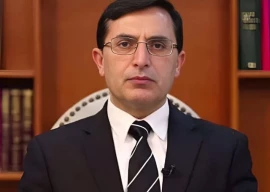
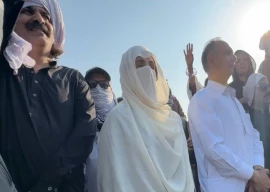
1736752932-0/Express-Tribune---News-Desk-(1)1736752932-0-270x192.webp)
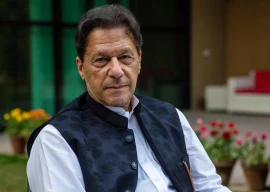

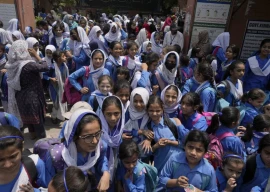
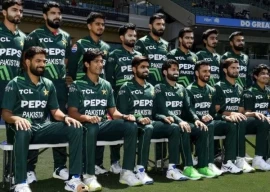

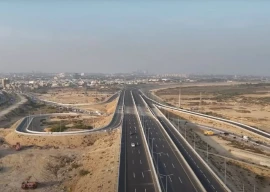
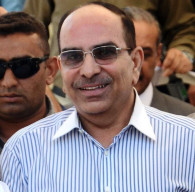

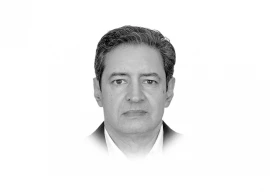





COMMENTS
Comments are moderated and generally will be posted if they are on-topic and not abusive.
For more information, please see our Comments FAQ